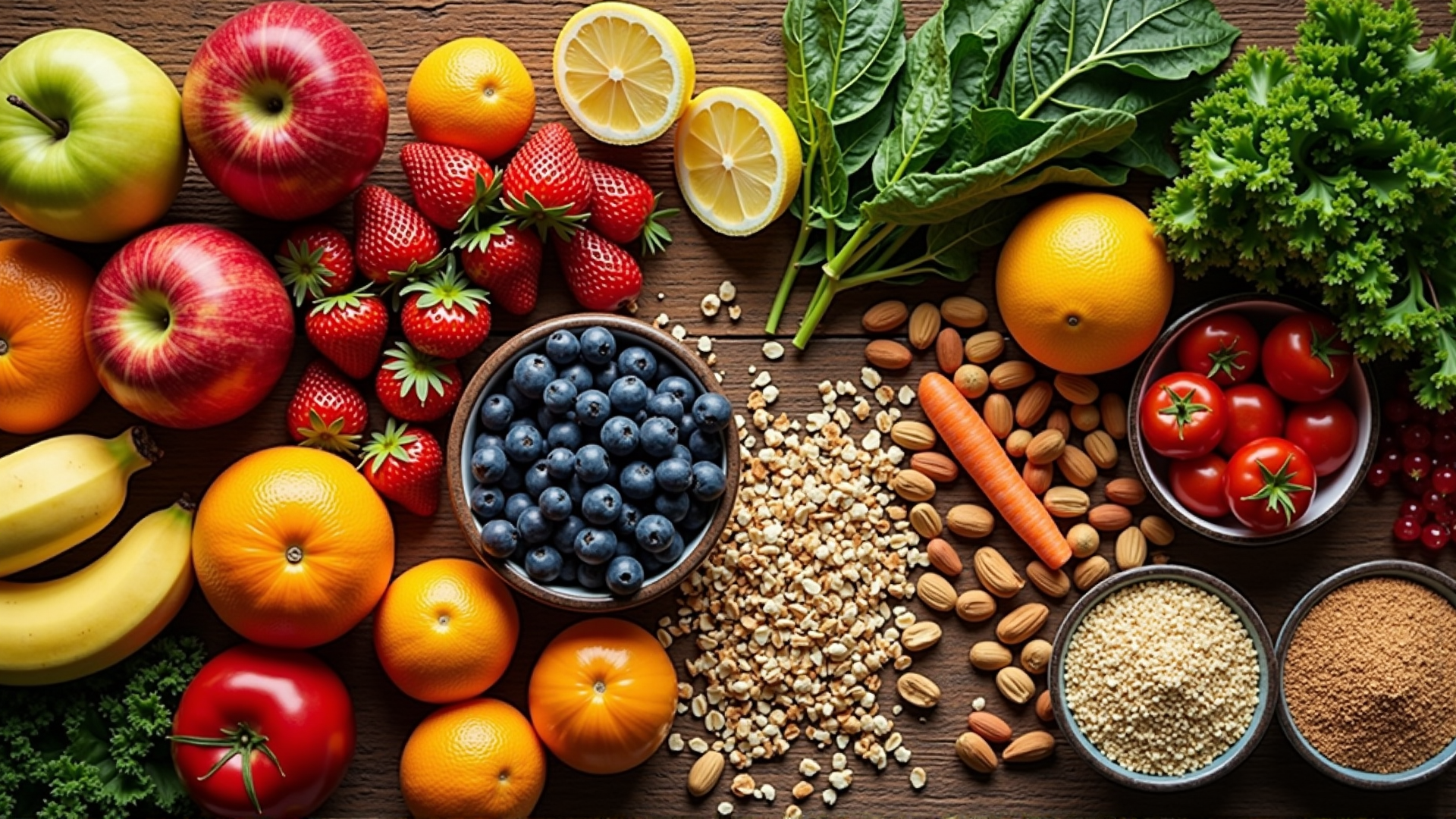In today's fast-paced world, finding balance in our diet and lifestyle is more important than ever. A holistic approach to nutrition emphasizes not only the types of food we consume but also how these choices impact our overall well-being. By aligning dietary practices with a mindful lifestyle, one can achieve a healthier and more fulfilling life.
Understanding a Holistic Diet
A holistic diet goes beyond calories and nutrients; it's about understanding how food affects every aspect of our health. This approach encourages eating whole, unprocessed foods that are as close to their natural state as possible. Fruits, vegetables, whole grains, legumes, nuts, and seeds become staples, providing a wealth of vitamins, minerals, and fiber. These foods are not only nourishing but also support the body's natural detoxification processes.
Balanced Nutrition
Balanced nutrition is key to a holistic diet. It's about ensuring that the body receives a variety of nutrients in appropriate proportions. Emphasizing variety can help cover all nutritional bases, ensuring that no essential nutrient is lacking. For instance, consuming a colorful array of fruits and vegetables ensures a wide range of phytonutrients and antioxidants, which are crucial for fighting oxidative stress and inflammation.
Mindfulness and Eating
Mindfulness plays a significant role in a holistic diet. Being present during meals, savoring each bite, and paying attention to hunger cues can profoundly affect digestion and satisfaction. This practice can prevent overeating and help develop a healthier relationship with food. Moreover, preparing and cooking meals at home can enhance this mindful approach, making mealtime a cherished ritual rather than a rushed necessity.
The Role of Hydration
Hydration is often overlooked as a component of a holistic approach to nutrition, yet it's fundamental for maintaining the body's balance. Water aids in digestion, circulation, and temperature regulation. Herbal teas and infused water can be delightful alternatives to maintain hydration and enhance your body's functions without the added sugars found in many commercial drinks.
Physical Activity and Lifestyle
Pairing a holistic diet with regular physical activity can amplify its benefits. Whether it's yoga, walking, or dancing, incorporating movement into daily routines promotes cardiovascular health, strengthens muscles, and boosts mood. Additionally, activities that encourage mental relaxation and stress reduction, such as meditation or tai chi, complement the holistic approach, fostering overall wellness.
Community and Connection
Finally, a holistic lifestyle recognizes the importance of social bonds. Sharing meals with family and friends, engaging in community activities, or simply connecting with loved ones can have a positive impact on mental health. These interactions enhance the overall quality of life and form a crucial part of a holistic lifestyle.
Conclusion
Adopting a holistic approach to nutrition and lifestyle is an investment in long-term wellbeing. By focusing on nutrient-dense foods, mindfulness, hydration, physical activity, and social connections, individuals can significantly enhance their quality of life. This balanced and integrative approach addresses the body, mind, and spirit, leading to a more harmonious and vibrant existence.
